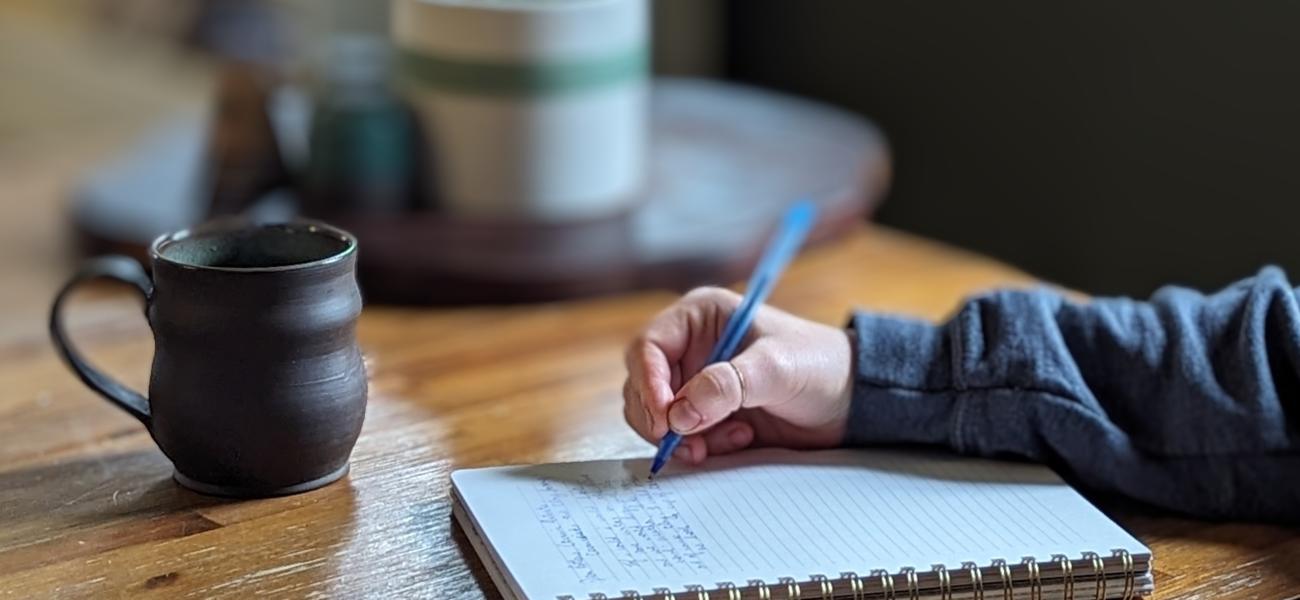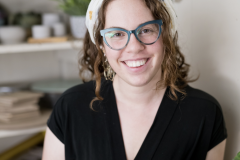Dear Potters, Ceramic Artists, Ceramists, and Clay Lovers,
If I could, I would boil some water on the stove, and we would begin with the usual: weather, kids, work, and, of course, clay. I would make us both a cup of tea in one of the handmade mugs in my beloved collection, purchased from you, my pottery friend, my old student, my artistic inspiration. We would marvel at how lucky we are to be alive in a time when we can form friendships with people who live near and far, and share wisdom and experiences with a worldwide community of ceramic artists. There’s a moment of quiet as we both sip our tea and then I take a leap to tell you about the thing that has been weighing so heavily on my heart.
Regardless of how you label yourself within the ceramics community, we share a space. We share the joy of creating, the love of connecting with others like us. We value community and art. We see eye-to-eye on so many things, and I am sure we disagree on so many others, but isn’t that just one of the wonderful parts of being human? We are not machine-made, exactly like those around us. We are unique and individual. I only know a little about you, just what you have shared with me. I am a potter, just like you. I am a religious Jewish woman, I am a mother, a wife.
I see you, I respect you, differences and all. Do you see and respect me?
There is a word in Hebrew called גלות, galut, and its direct translation is “exile.” As a word alone, it doesn’t mean much, but as with most things in Judaism, there is more to the word than just the word. It is said that the תורה, Torah – the Old Testament – can be studied, delved into, and translated in over seventy different ways, making its interpretations infinite. One such interpretation of the word galut is that until the days of the משיח, Messiah, the Jewish nation will not know true peace.
I don’t intend for this to be a history lesson about the Jewish people, so I will start and end by saying that since nearly 2000 years ago, the Jewish people have been in exile; we have been killed for being Jewish and expelled from our homeland, and then country after country, endlessly. We hold our history close, talk about it often, have rituals and holidays that commemorate the experiences from as far back as biblical times to as recent as the Holocaust. It is our past, and it is also our present. Not in the way of victimizing ourselves, but rather in the way of remembrance, honoring those lost, and keeping the flame of our nation and its history – both beautiful and tragic – alight.
One of the most commonly spoken-about concepts within the religious Jewish world is that we experience the baseless hatred of those across the globe because we are in galut. It is a reality that we accept, even when it causes us so much pain and makes no sense.


